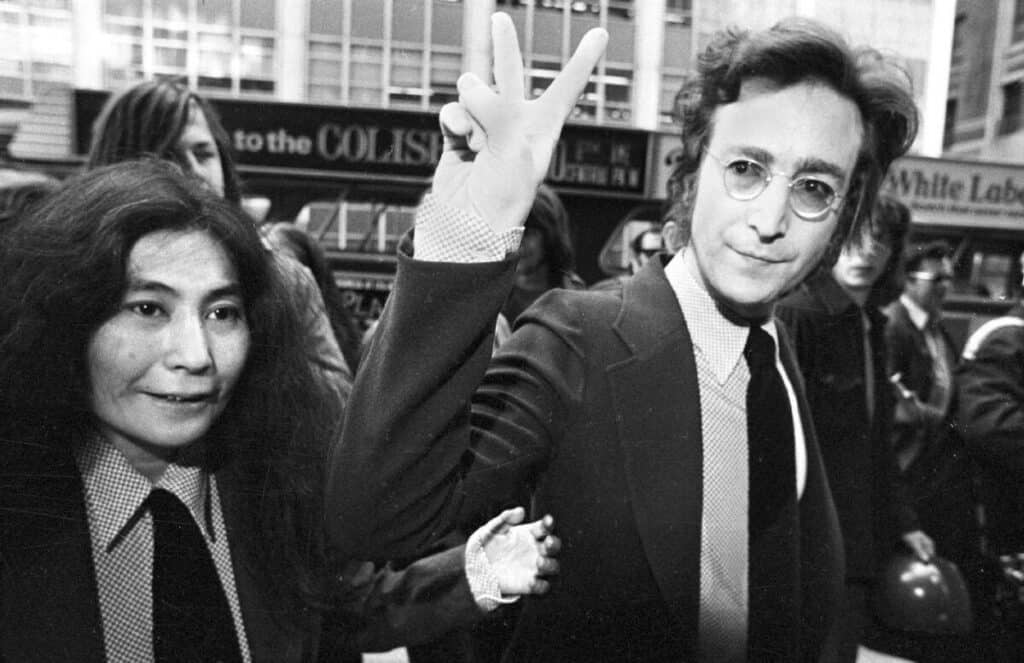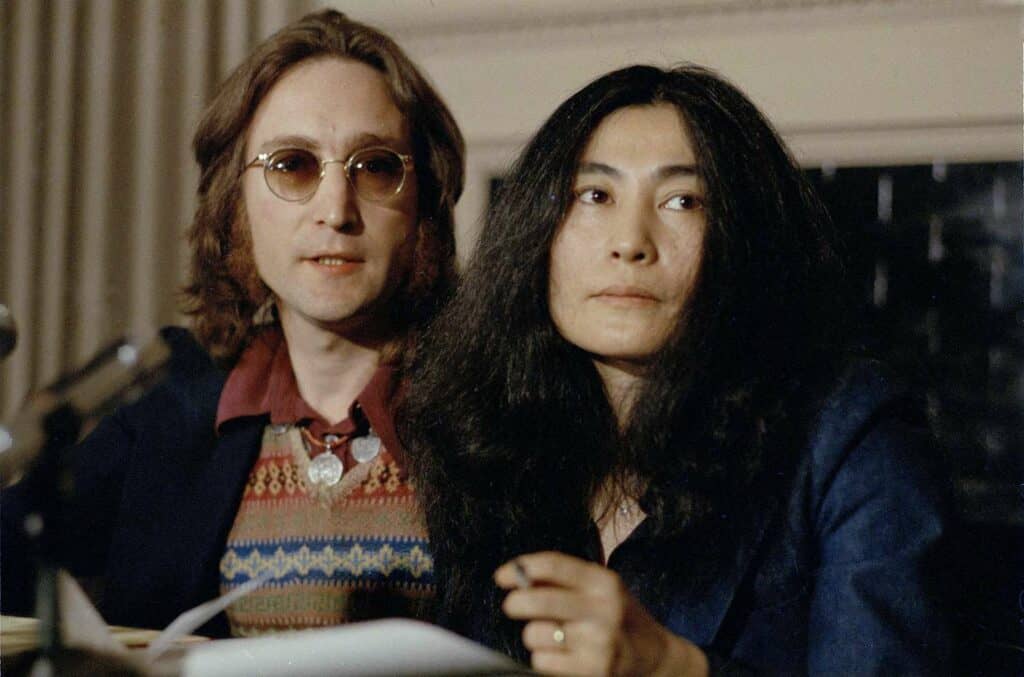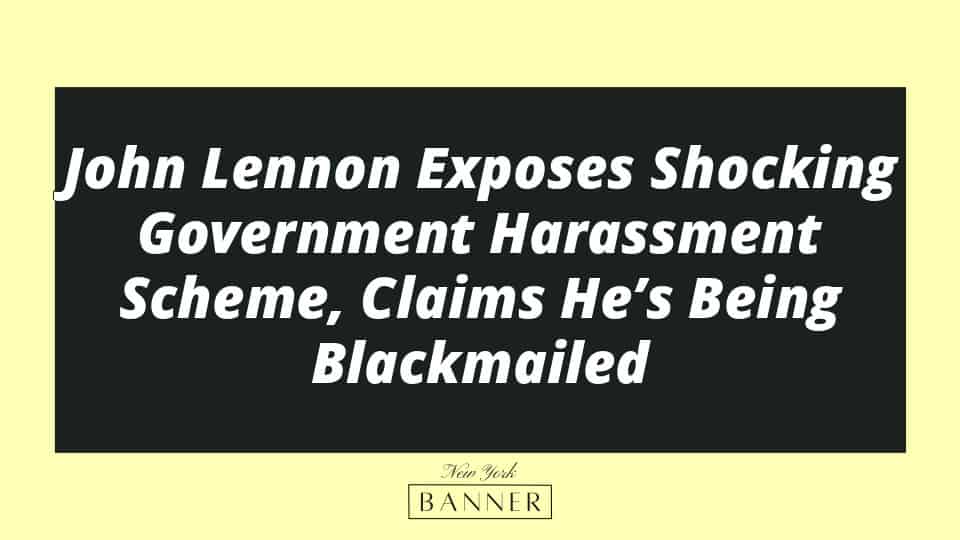These revelations reveal the musician's political views and struggle against the US government.
In a remarkable chapter of American history during the turbulent 1970s, the renowned musician and peace activist, John Lennon, found himself in an intense showdown with the United States government.

Lennon’s vocal denouncement of President Richard Nixon’s presidency and the ongoing Vietnam War led to an attempted expulsion by the administration—a political drama that stretched over several years and continued beyond Nixon’s term.
Lennon and his partner, artist Yoko Ono, were threatened with deportation proceedings in 1972. The government alleged that Lennon’s 1968 guilty plea for cannabis possession disqualified him from residing legally in the United States. Despite this, Lennon remained resolute, acknowledging the law’s existence but pointing out what he perceived as a political maneuver by Nixon’s administration.
In a 1975 interview with Rolling Stone magazine, Lennon fired back at the system. He compared his own precarious immigration status with individuals of dubious backgrounds, stating, “Sure, the law exists. And so do all the Nazis here and the drug dealers that are not American born and all the killers that are allowed in here. They’re still pretending that they’re doing it on the strict letter of the law.”

The attempt to eject one of the world’s most famous musicians from the country caused public outrage. High-profile artists and supporters rallied behind Lennon and Ono, voicing their solidarity. Unyielding, Lennon enlisted legal assistance, prepared to fight for his right to remain in the United States.
Three years into this contentious battle, Lennon confessed his fear of leaving the country, believing he would be barred from re-entry. Despite the stress and financial burden of the proceedings, he committed to seeing the fight through. “I can last out, without leaving here, another ten years if that’s the way they want to play it. I’ll earn enough to keep paying them,” he vowed, adding, “I’m really getting blackmailed.”
“I’m paying to stay. Paying takes, on one hand, about a half-million dollars, and I’ve hardly worked very hard for that. I mean, that’s with sittin’ on me arse, and I’ve paid a half-million in taxes. So I’m paying them to attack me and keep me busy and harass me, on one hand, while on the other hand, I’ve got to pay me, own lawyers.”
Lennon dispelled the notion that his desire to remain was driven by financial gain, pointing out that his music would draw revenue wherever he resided. He argued that his presence in the US wasn’t about “to make the American dollars” but instead because he saw America as home. He also argued that his work and the commerce it generated benefited the American economy by providing jobs and paying taxes.

However, the financial and emotional toll of the lengthy legal dispute wore heavily on Lennon. He felt cornered in a situation where everyone appeared to win but him. The celebrated writer Terry Southern suggested a bittersweet take on Lennon’s predicament, stating that conservatives were satisfied with the ongoing proceedings against Lennon. At the same time, liberals were content that he hadn’t been ousted. “So everybody’s happy! Except you!” he reportedly quipped.
After several years of struggle, the legal saga ended in October 1975 when a federal judge ruled in favor of Lennon. His statement of defiance to the ordeal proved true: “There’s no way they’re gonna get me out. No way. They’re not gonna drag me in chains, right? So I’m just gonna have to keep paying. It’s bloody ridiculous. It’s just … beyond belief.”
Lennon’s fight for residency resonated beyond his case. His resistance highlighted the complexities of immigration law and the possible exploitation of such laws for political ends. His story remains a poignant reminder of the intersection between popular culture, personal freedom, and political power.


